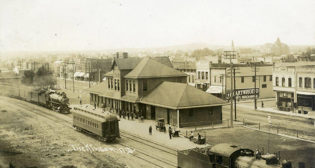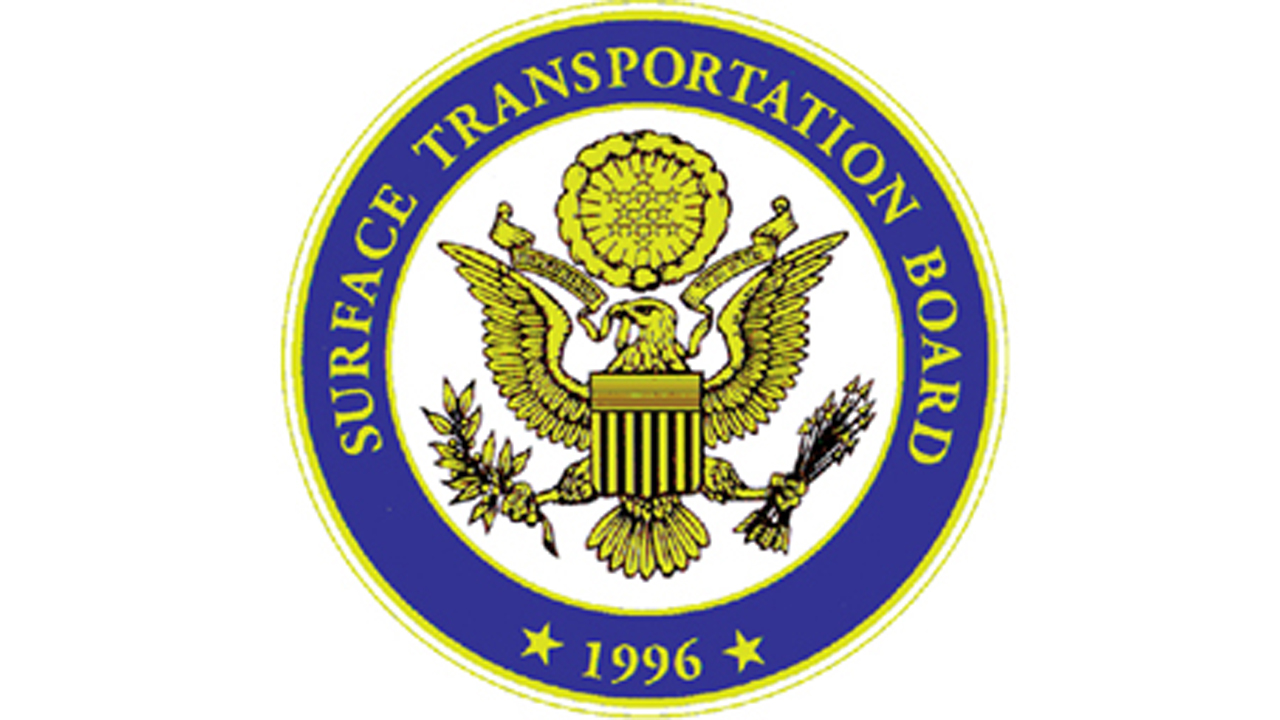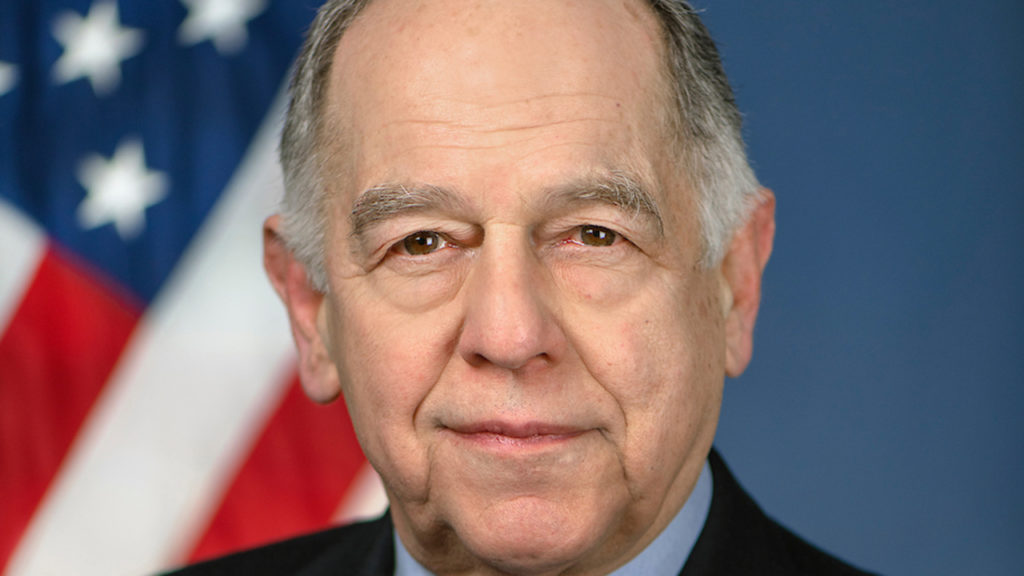
STB Soliciting Nominations for Passenger Rail Advisory Committee (Updated)
Written by Marybeth Luczak, Executive Editor
The Surface Transportation Board (STB) is seeking candidates to fill 18 vacancies on its newly formed Passenger Railroad Advisory Committee (PRAC). Nominations are due by Feb. 5, 2024; candidates may nominate themselves.
PRAC was established in November to advise the STB on issues impacting the development and operation of passenger rail services, including: improving efficiency on passenger rail routes; reducing disputes between passenger rail carriers and freight rail hosts regarding the use of freight rail carrier-owned facilities and infrastructure for passenger service, including passenger on-time performance issues; and improving regulatory processes related to intercity passenger rail to the benefit of the public, the communities served by passenger rail, and the environment.
PRAC’s 18 voting members will “comprise a balanced representation of individuals knowledgeable regarding passenger rail transportation, freight rail transportation, commuter rail operations, and transportation public policy,” according to the STB, which put out the call for nominations in the Jan. 4 edition of the Federal Register (download below). They will be selected by the STB Chair with the concurrence of a majority of the Board. The STB members will serve as non-voting members and the Chair may also invite U.S. Department of Transportation representatives to serve as non-voting members, the STB said.
PRAC will meet at least twice per year, and meetings will be open to the public.
Following are the vacancies and their initial term lengths:
- Two representatives from Amtrak. One representative will serve an initial three-year term; the other, an initial two-year term.
- Two representatives from commuter rail operators whose operations use facilities owned and/or utilized by Amtrak, other intercity passenger rail operators, or rail freight operators. For purposes of ensuring geographic diversity within PRAC’s membership, these representatives cannot be from the same state as any of the state representatives described below and cannot be from the same state as each other, according to the STB. One representative will serve an initial three-year term; the other, an initial two-year term.
- Two representatives from existing intercity passenger rail operators other than Amtrak, or developers of new intercity passenger rail lines other than Amtrak. One representative will serve an initial three-year term; the other, an initial two-year term.
- One representative from a state that provides funding for intercity passenger rail. For purposes of ensuring geographic diversity within PRAC’s membership, this representative cannot be from the same state as any of the representatives of the commuter rail operators described above, or the representative from a state in which the intercity passenger rail stations are served only by long-distance trains described below, according to the STB. This representative will serve an initial three-year term.
- One representative from a state in which the intercity passenger rail stations are served only by long-distance trains, i.e., passenger trains serving the entirety of routes of more than 750 miles between endpoints. For purposes of ensuring geographic diversity within PRAC’s membership, this representative cannot be from the same state as any of the representatives of the commuter rail operators described above or the representative from the state that provides funding for intercity passenger rail described above, according to the STB. This representative will serve an initial two-year term.
- Two representatives from Class I railroads. One representative will serve an initial three-year term; the other, an initial two-year term.
- One representative from a Class II or Class III railroad. This representative will serve an initial three-year term.
- One representative from an organized rail labor association. This representative will serve an initial three-year term.
- Two representatives from rail passenger advocacy organizations. One representative will serve an initial three-year term; the other, an initial two-year term.
- One representative from a rail shipper or customer advocacy organization, or an individual shipper or customer. This representative will serve an initial two-year term.
- Three at-large representatives with relevant experience, including, but not limited to, individuals involved in the design or construction of passenger rail equipment or infrastructure, in the provision of passenger rail analytic or consulting services, in transportation planning, or in transportation-related public policy work. One representative will serve an initial three-year term; the other two, an initial two-year term.
According to the STB, no honoraria, salaries, travel or per diem are available to PRAC members, but reimbursement for travel expenses may be sought from the Board in cases of hardship.

“The Board seeks to fill all PRAC positions with active and engaged transportation professionals to help us more fully understand the complexities of passenger rail issues,” STB Chair Martin J. Oberman said in a Jan. 4 statement. “The Board has benefitted greatly from the energetic engagement of the members of our existing advisory committees—RSTAC, RETAC, and NGCC—and I am confident that members of the new PRAC will provide the same kind of advocacy for their concerns with passenger rail that will significantly contribute to the Board’s fulfilling its new and ongoing passenger rail responsibilities. Indeed, there are several pressing areas of concern in passenger rail for which the Board will need broad, diverse and insightful perspectives. We expect to fill these positions and have discussions commence as soon as possible. I look forward to productive conversations regarding effective and efficient passenger rail.”



